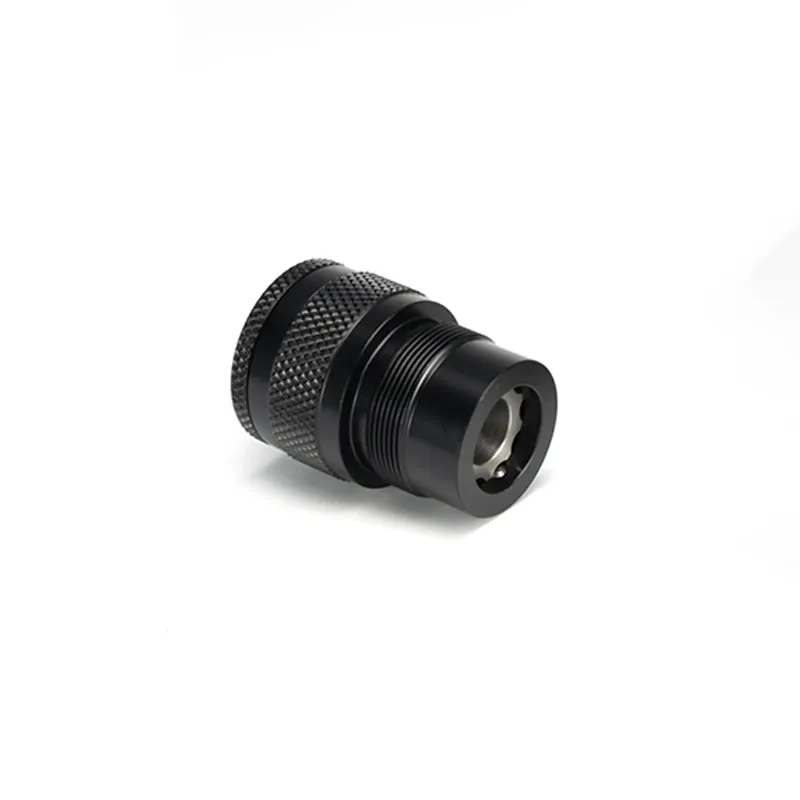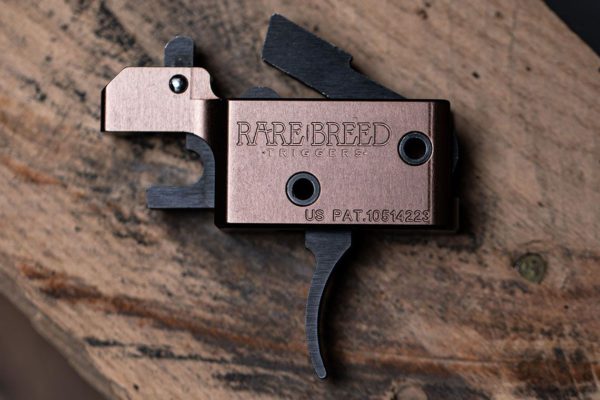
Introduction
The spotlight is now on the solvent trap, a firearm accessory designed primarily for barrel cleaning. Its potential use as a suppressor has recently gained attention.This dual functionality has not only made it a popular topic among firearm enthusiasts but has also caught the attention of the Bureau of Alcohol, Tobacco, Firearms, and Explosives (ATF). This article delves into a recent incident where ATF agents attempted to confiscate a solvent trap from a gun owner and the broader implications of such actions.

The ATF’s Unexpected Visit
The solvent trap, which serves two purposes, has become a major topic of discussion among gun enthusiasts and government agencies. People who own guns should stay updated on the changing laws and understand their rights. The incident with the ATF agents showed that being aware of your rights can be extremely beneficial, and having knowledge is a strong asset.
Understanding the Solvent Trap
Solvent traps are designed to aid in the cleaning of firearm barrels by capturing and recycling solvents. This ensures an eco-friendly cleaning process. However, with certain modifications, these traps can double up as suppressors, leading to their current controversial status.

Legal Implications and Rights
While the ATF operates under federal mandates, gun owners have rights protected by the Constitution. The Fourth Amendment, which protects citizens from unreasonable searches and seizures, requires law enforcement to obtain a warrant based on probable cause. Moreover, this crucial protection extends to the curtilage of a home, encompassing front porches and immediate surroundings.
The homeowner asked for an official permission slip, showing they knew their legal rights well. This situation reminds us how crucial it is to understand our own rights by using simple language and easy-to-understand words.
FAQs
- What is a solvent trap?
- A solvent trap is a tool you can use with guns to help clean them better. It works by collecting and reusing the cleaning liquids.
- Why are ATF agents interested in solvent traps?
- Due to their potential modification into suppressors, solvent traps have come under the scrutiny of the ATF, leading to investigations and attempts at confiscation.
- What should I do if ATF agents visit my home regarding a solvent trap?
- It’s crucial to be well-informed about your rights. If agents do not have a warrant, you are within your rights to refuse any searches or seizures. Always consult with legal counsel before making any decisions.
- Are solvent traps illegal?
- Solvent traps, in their original design for cleaning purposes, are legal. However, modifying them to act as suppressors without the appropriate paperwork can lead to legal complications.
- How can I stay updated on the legal status of solvent traps?
- Regularly consulting firearm legal resources, joining firearm enthusiast groups, and staying updated with ATF announcements can help gun owners stay informed.
Conclusion
The solvent trap, which has two uses, has become a hot topic among gun fans and government agencies. Gun owners need to keep up with the changing laws and also be aware of their rights. As the ATF agents’ incident demonstrated, knowing your rights can be very helpful, and having knowledge is a powerful tool.